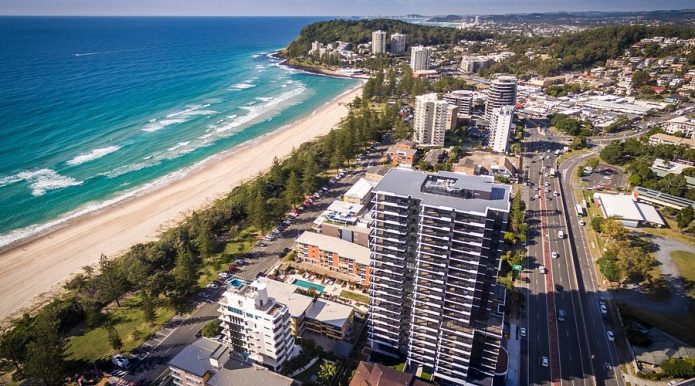PHOTO: Janet Dickson. FILE
According to the NZHERALD a real estate agent who faced a five-year ban for refusing to complete a mandatory short course on Māori culture and tikanga, which she claims led to her termination, has returned to work.
Janet Dickson is back at Harcourts Landed Howick after her legal team successfully obtained an interim court order maintaining her license until the outcome of a judicial review into the Real Estate Authority’s educational requirements.
The authority supported the request, as Dickson’s license would have been revoked on March 31, and the earliest a judicial review could be heard was June, according to Dickson’s lawyer Brigitte Morten.
“These interim orders have been in place since mid-March, and her employment has been reinstated for quite some time as well,” Morten stated.
The duration of the judicial review’s outcome remains uncertain, Morten added. However, Dickson retains her ability to practice as a real estate agent until a decision is made.
Dickson, who previously objected to the course, calling it “woke nonsense,” referred inquiries to Morten when contacted by the Herald. However, she confirmed to Sean Plunket on The Platform that she’s back at work.
“I was fired, and then the lawyers had a chat and it’s all back together, and … I’m reinstated. Working mainly from home but … everything all good,” she said.
The licensee at Harcourts Landed Howick was unavailable for comment.
Dickson’s objections stemmed from concerns that an industry body could mandate training “on a subject that is only peripherally connected to their job under threat of losing their right to work,” she stated earlier.
In addition to legal representation from Franks Ogilvie in Wellington, Dickson is supported by Hobson’s Pledge, led by former National Party leader Don Brash, which has sought donations to cover her legal expenses.
According to Dickson, there has been a significant nationwide response to her situation via a Hobson’s Pledge tip line, with over 140 messages from individuals in various professions expressing similar concerns about being told what to think and say.
The legal action taken by Dickson challenges the Real Estate Authority’s continuing education rules under the Real Estate Agents Act 2008.
Morten explained that the challenge involves several grounds, including the claim that the rules mandating the course were inappropriate and improperly made, as well as constituting an unjustifiable limit on freedom of expression and religious beliefs.
The course in question, Te Kākano (The Seed), is a mandatory professional development course aimed at enhancing understanding of Māori culture, language, and customs, particularly in relation to land and the historical context of Te Tiriti o Waitangi.
While real estate agents are required to complete 10 hours of compulsory training and 10 hours of elective training annually to retain their license, Te Kākano was moved to the elective category for 2024, making it optional rather than compulsory for new agents.









